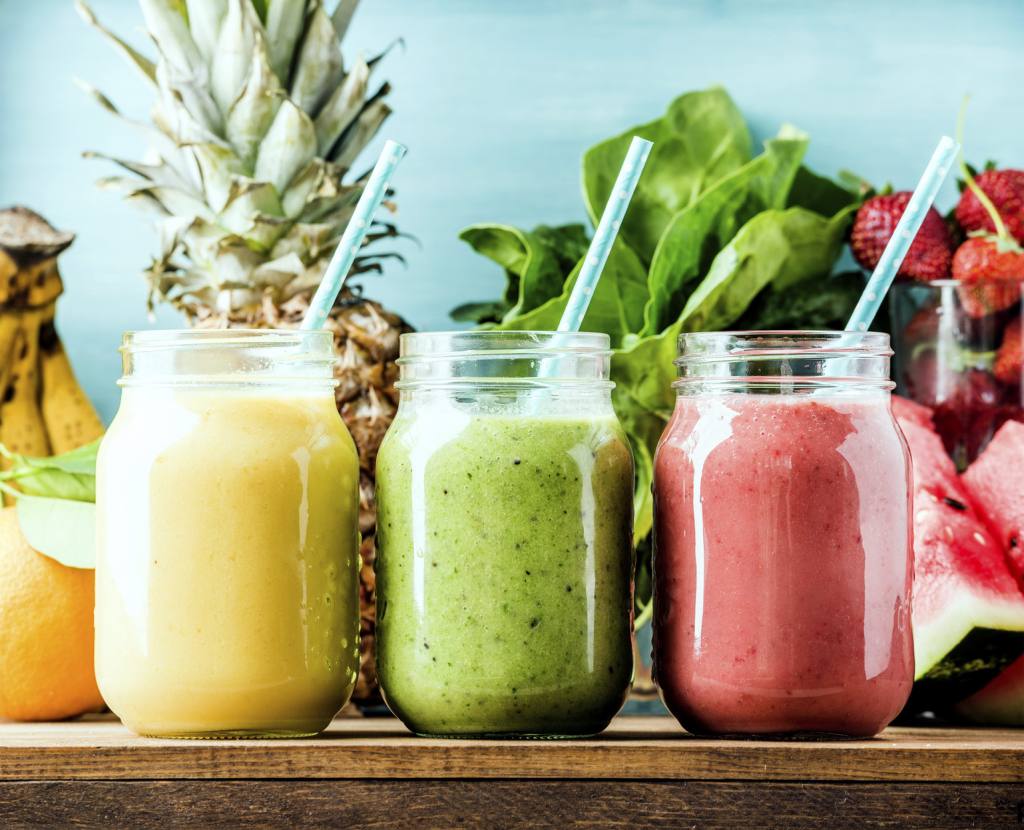Imagine starting your day with a burst of energy that’s as fresh as the morning dew. For many healthy lifestyle enthusiasts, juicing fresh herbs and grasses is an essential part of their daily routine. Not only does it provide a powerhouse of nutrients, but it also supports overall wellness in ways you might not have imagined. In this blog post, we’ll explore the fascinating world of herb and grass juices, from their impressive health benefits to practical tips on how to get started.
Selecting the Best Herbs and Grasses for Juicing
Nutritional Value of Herbs and Grasses
When it comes to juicing, not all herbs and grasses are created equal. Some pack a more potent nutritional punch than others. For instance, wheatgrass is renowned for its high chlorophyll content, which helps detoxify the body and boost red blood cell production. Herbs like parsley and cilantro are loaded with vitamins A, C, and K, along with essential minerals like potassium and magnesium.
Flavor Profiles to Consider
Flavor is just as important as nutrition when selecting your juicing ingredients. Some herbs, like mint and basil, offer a refreshing and slightly sweet taste, making them perfect for morning juices. On the other hand, grasses like barley and wheatgrass have a more earthy, robust flavor that pairs well with citrus fruits and berries. It’s essential to experiment with different combinations to find what suits your palate.
Organic vs. Non-Organic
Whenever possible, opt for organic herbs and grasses. Organic produce is grown without synthetic pesticides and fertilizers, making it a healthier choice for your juices. If organic options are not available, thoroughly wash your herbs and grasses to remove any potential pesticide residues.
Step-by-Step Instructions on Juicing Herbs and Grasses
Preparing Your Ingredients
Before you start juicing, it’s crucial to prepare your herbs and grasses properly. Begin by washing them under cold running water to remove dirt and contaminants. For herbs, remove any woody stems, as they can make your juice bitter. Grasses like wheatgrass should be chopped into smaller pieces to prevent clogging your juicer.
Choosing the Right Juicer
Not all juicers are suitable for herbs and grasses. Masticating juicers, also known as cold-press juicers, are ideal because they extract juice slowly, preserving the maximum amount of nutrients. Centrifugal juicers work faster but may generate heat that can degrade some nutrients. If you’re serious about juicing, investing in a quality masticating juicer is worth it.
Juicing Techniques
Feed your prepared herbs and grasses into the juicer slowly to ensure maximum juice extraction. For a smoother juice, consider straining it through a fine-mesh sieve or cheesecloth. Store any leftover juice in an airtight container in the refrigerator, but aim to consume it within 24 hours for the best nutritional benefits.

Enhancing Taste and Health Benefits
Flavor Combinations
While fresh herb and grass juices are nutritious, their flavors can sometimes be overpowering. Pairing them with fruits and vegetables can enhance both taste and health benefits. For example, combining wheatgrass with apples and ginger creates a sweet, zingy juice that’s enjoyable and packed with antioxidants.
Adding Superfoods
Boost the nutritional value of your juices by adding superfoods like chia seeds, spirulina, or turmeric. These additions can enhance the health benefits of your juice, providing extra vitamins, minerals, and anti-inflammatory properties.
Using Natural Sweeteners
If your juice is too bitter, consider adding natural sweeteners like honey, agave syrup, or stevia. These options are healthier than refined sugars and can make your juice more palatable without compromising its nutritional value.
Health Benefits of Fresh Herb and Grass Juices
Detoxification
One of the primary benefits of herb and grass juices is their detoxifying properties. Chlorophyll-rich grasses like wheatgrass help cleanse the liver and eliminate toxins from the bloodstream. Herbs like cilantro are known for their ability to bind with heavy metals, aiding in their removal from the body.
Immune System Support
Regular consumption of fresh herb and grass juices can give your immune system a significant boost. These juices are rich in vitamins and antioxidants that help fight off infections and reduce inflammation. Parsley, for example, is loaded with vitamin C, which is essential for a robust immune response.
Weight Management
Incorporating herb and grass juices into your diet can also aid in weight management. These juices are low in calories but high in nutrients, keeping you full and satisfied without adding extra pounds. Additionally, the natural diuretic properties of herbs like dandelion can help reduce water weight and bloating.
Testimonials and Success Stories
Real-Life Experiences
Many individuals have transformed their health by incorporating fresh herb and grass juices into their daily routines. Take Sarah, a busy mother of two, who credits her increased energy levels and improved digestion to her morning parsley and mint juice. Or John, a fitness enthusiast, who noticed a significant improvement in his workout recovery time after adding wheatgrass shots to his regimen.
Expert Endorsements
Health professionals also advocate for the benefits of herb and grass juices. Nutritionist Jane Doe states, “The concentrated nutrients in these juices can complement a balanced diet, providing an easy way to consume more vitamins and minerals.”
Community Feedback
We love hearing from our readers! Many have shared their success stories and favorite recipes, creating a vibrant community of juice enthusiasts. Join our forum to connect with others, share your experiences, and get inspired by the journeys of fellow health-conscious individuals.
FAQs and Troubleshooting Guide
Common Issues
Juicing herbs and grasses can come with its own set of challenges. One common issue is clogging, which can be minimized by cutting grasses into smaller pieces and alternating them with juicier ingredients. Bitter flavors can also be a problem, but adding natural sweeteners or citrus fruits can help balance the taste.
Storage Tips
To maximize the shelf life of your fresh juices, store them in airtight containers and keep them refrigerated. Adding a splash of lemon juice can also help preserve freshness. However, it’s best to consume your juice within 24 hours to retain its nutritional value.
Equipment Maintenance
Keeping your juicer in top condition is crucial for consistent results. Clean the machine immediately after use to prevent residue buildup. Most juicers come with specialized brushes for cleaning hard-to-reach areas, ensuring your equipment remains in excellent working order.
Conclusion
Incorporating fresh herb and grass juices into your daily routine can offer numerous health benefits, from detoxification and immune support to weight management. By selecting the right ingredients, using proper juicing techniques, and enhancing the flavor with various combinations, you can make juicing an enjoyable and beneficial part of your lifestyle.
Ready to start your juicing journey? Share your experiences and favorite recipes with our community. We can’t wait to hear how fresh herb and grass juices transform your health and well-being.

